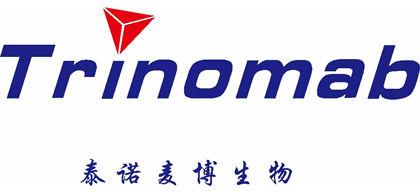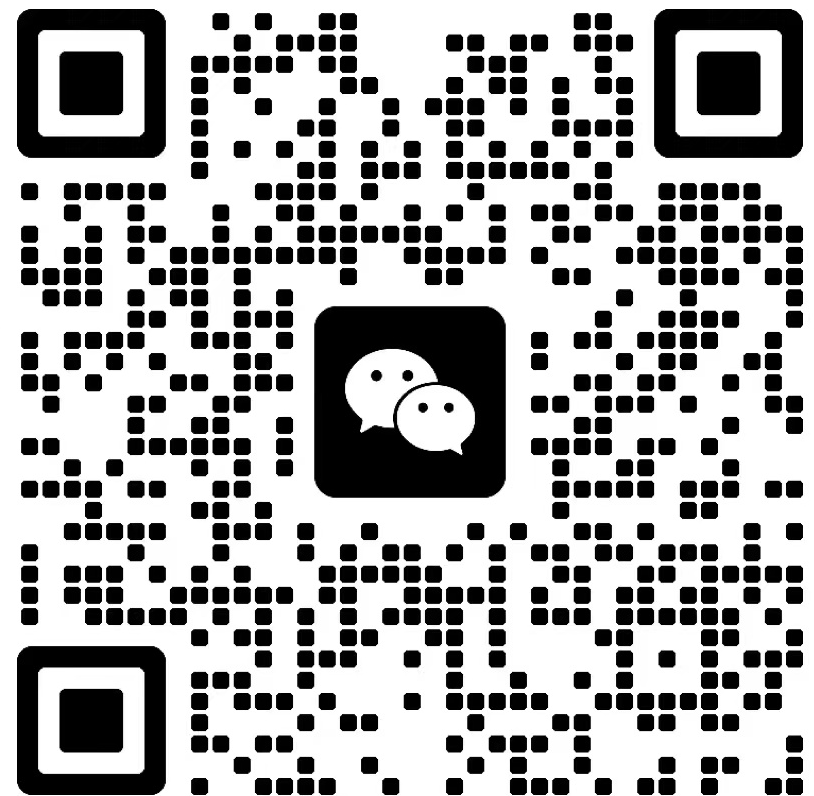日前,珠海泰诺麦博生物技术有限公司(Trinomab Biotech Co., Ltd.)的产品开发迎来了新进展,其自主开发的抗破伤风毒素全人源单克隆抗体药物TNM002,正式获得澳洲HREC/TGA批准开展I期临床。此次临床研究是全球第一款抗破伤风毒素单抗药物进入人体试验。

破伤风是一种由破伤风梭状芽孢杆菌产生的破伤风毒素(TT)引起的急性感染性疾病,破伤风梭状芽孢杆菌常通过皮肤伤口污染或组织损伤,包括外伤、烧烫伤、狂犬II/III级暴露、交通事故、不洁条件下分娩时的产妇和新生儿等情况而进入体内,释放破伤风毒素导致中枢神经系统功能失调,表现为全身骨骼肌持续强直和阵发性痉挛,重症患者可发生喉痉挛、窒息、肺部感染和器官衰竭,严重威胁生命安全。在全球破伤风的病死率高达30-50%,在重症患者病死率可高达80%。在一些中低收入国家,未经治疗的新生儿破伤风病死率接近100%。
100多年前冯·贝林医生(VonBehring, 德国)发明了血清疗法用来预防与治疗破伤风,开创了免疫治疗的先河,并因此在1901年获得了诺贝尔生理学和医学奖。由血清疗法衍生而来的特异性免疫球蛋白作为一种被动免疫,仍是当前破伤风的紧急预防与治疗的主要手段。目前在临床上使用的抗破伤风药物有两种,一种是“马破”(抗毒素TAT),另一种是“人破”(人破伤风免疫球蛋白hTIG)。
“马破”是来源于马血清的免疫球蛋白,由于“马破”是异源蛋白,临床使用中有一定风险,使用前需要进行皮试试敏,使用后还需要留院观察,临床上约有20%-30%的患者因过敏无法使用,发达国家已完全废除了“马破”的应用。近年来,我国“马破”的使用量大约为每年3500万-4000万支(1000IU-1500IU/支)。20世纪60年代采集于免疫过的人的血浆制品“人破”问世,由于是来源于人的血浆制品“人破”几乎没有过敏反应,但仍存在传播已知(如艾滋病、乙肝)和未知传染病的风险。由于人血浆来源受限可及性差,2019年中国“人破”批签发数量为 600 万支(250IU/支),远不能满足临床需求。
TNM002是Trinomab利用其自主知识产权的HitmAb®技术平台开发的天然全人源单克隆抗体药物。临床前研究显示TNM002具有特异性强、亲和力好、中和破伤风毒素的效价极高的特点。同时在工业化生产中TNM002产量高、产品稳定,具有更好的可及性。作为利用基因重组技术生产的新一代全人源单克隆抗体药物,有望全面替代“马破”和“人破”,更大程度的使患者获益。
此次在澳洲开展的临床I期试验是一项随机、双盲、安慰剂对照的剂量递增研究。主要考察TNM002在健康受试者中的安全性、耐受性、药代动力学和药效学特征。据悉该临床试验预计将于2021年8月完成。
珠海泰诺麦博生物技术有限公司(Trinomab Biotech Co.,Ltd.),是一家面向全球的创新型生物制药公司,以研发原创性的天然全人源单克隆抗体类新药为主营业务。公司的核心技术是第四代抗体技术“天然全人源单克隆抗体研发综合技术平台HitmAb®”。公司致力于开发原创性、具有自主知识产权的、高效的针对感染性疾病、自身免疫性疾病、恶性肿瘤以及其它疾病的天然全人源单克隆抗体新药。目前公司有多个新产品包括针对呼吸道合胞病毒(RSV)、人巨细胞病毒(HCMV)、水痘-带状疱疹病毒(VZV)、人神经生长因子(NGF)等产品正处于快速产业化进程中。计划在2020年底到2022年陆续进行中美IND申报以及开展临床试验。

The world's first anti-tetanus toxin monoclonal antibody enters phase I clinical trial in Australia
Trinomab Biotech. Co., Ltd. (Trinomab) just announced that its newly developed product TNM002, a fully native human monoclonal neutralizing antibody against tetanus toxin, has been officially approved by Australian TGA and HERC for a phase I clinical trial in Australia. This trial represents the first monoclonal antibody against tetanus toxin to enter human body in the world.
Exposure to tetanus toxin, a neuron toxin, secreted by Clostridium tetani causes tetanus. Clostridium tetani is a strict anaerobe bacterium. It often infects humans via deep-opened wounds such as traffic accidents, burns and scalds, animal bites, and parturient and neonates during delivery under poor sanitized conditions, or surgery operation with uncleaned surgical instruments, etc. The bacteria quickly propagated in human traumatized areas, producing of a large amount of tetanus toxin, a nervous toxin which causes disfunction of central nervous systems. Tetanus manifests as persistent rigidity of skeletal muscle throughout the body and paroxysmal spasm. Severe patients may suffer from laryngospasm, suffocation, pulmonary infection and organ failure, even being life-threaten. Based on WHO survey in 2016, the globally mortality rate of tetanus is as high as 30-50%.in general, but, amount severely ill patients and newborns, the mortality rate can be raised up to 80%. In developing countries, the mortality rate of untreated neonatal tetanus is even tragically high, almost 100%.
Although tetanus vaccine, formalin-inactivated tetanus toxin can elicit an efficient neutralizing antibody response, repeated vaccinations are needed in every ten years for maintaining effective immunity and such boosting vaccination has been often neglected. Thus, tetanus remains endemic in low- and middle-income countries and continues to be a significant cause of death and disability in non-immunized or insufficiently immunized population after exposing to Clostridium tetani.
Von Behring, a German doctor, invented antitoxin serum therapy using serum from animals immunized with toxins over 100 years ago, opened new approach in the domain of medicine with immunotherapy and was subsequently awarded the Nobel prize in physiology or medicine in 1901. As a passive immunization, serum therapy remains the primary means of emergency prevention and treatment of tetanus. To prevent tetanus for people at risk after exposure to Clostridium tetani as results of tetanus-prone injury, antitoxin treatment is needed. Equine anti-tetanus immunoglobulin is no longer used in industrial countries and is not included in the WHO list of essential medicines due to its risk of serum sickness and hypersensitivity. Although anti-toxin human immunoglobulin is superior to the former in efficacy and safety, it has its own potential risk of transmitting known such as hepatitis B and HIV-1 and unknown blood-born pathogens, and is often in short supply in some developing counties such as China. In 2018, approximately 40-million doses of horse antitoxin were issued, while only about 4-million doses of antitoxin human Ig were issued in China (https://xueqiu.com/8801386347/121044464?page=1).
TNM002 is an anti-tetanus toxin neutralizing monoclonal antibody generated by using Trinomab’s proprietary platform technology (HitmAb®) from a human volunteer who acquired immunity through tetanus vaccination. TNM002 as a fully native human monoclonal antibody faithfully represent in vivo antibodies and should exhibit better safety, efficacy and commercial value compared to antibodies derived from non-human origins.
Pre-clinical studies have demonstrated that TNM002 possesses an excellent neutralizing potency against tetanus toxin, yet no significant toxicity and adverse effect even in high doses in animal models. Thus, to fully demonstrate TNM002 safety, phase I clinical trial in Australia is designed to be randomized, double-blind, placebo-controlled dose-escalated study. The trial is mainly focused on evaluation of safety, tolerance, pharmacokinetics and pharmacodynamics of TNM002 in healthy subjects. The trial study is expected to be completed in August 2021.
Trinomab is an innovative biopharmaceutical company at early stage clinical development. The company is mainly engaged in research and development of fully native human antibody new drugs with unprecedent of target-specific affinity yet extremely low ADA reaction. The core technology of the company is known as the fourth-generation antibody technology HitmAb®, a proprietary technology platform for the discovery of fully native human mAbs against infectious diseases, autoimmune diseases, malignant tumors and other human diseases. Currently the company possesses a comprehensive product development portfolio, including respiratory syncytial virus (RSV), human cytomegalovirus (HCMV), varicella-zoster virus (VZV) and human nerve growth factor (NGF), at different stages of CMC development.
点击标题查阅相关报道:



 个人中心
个人中心
 我是园区
我是园区




